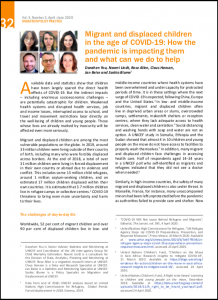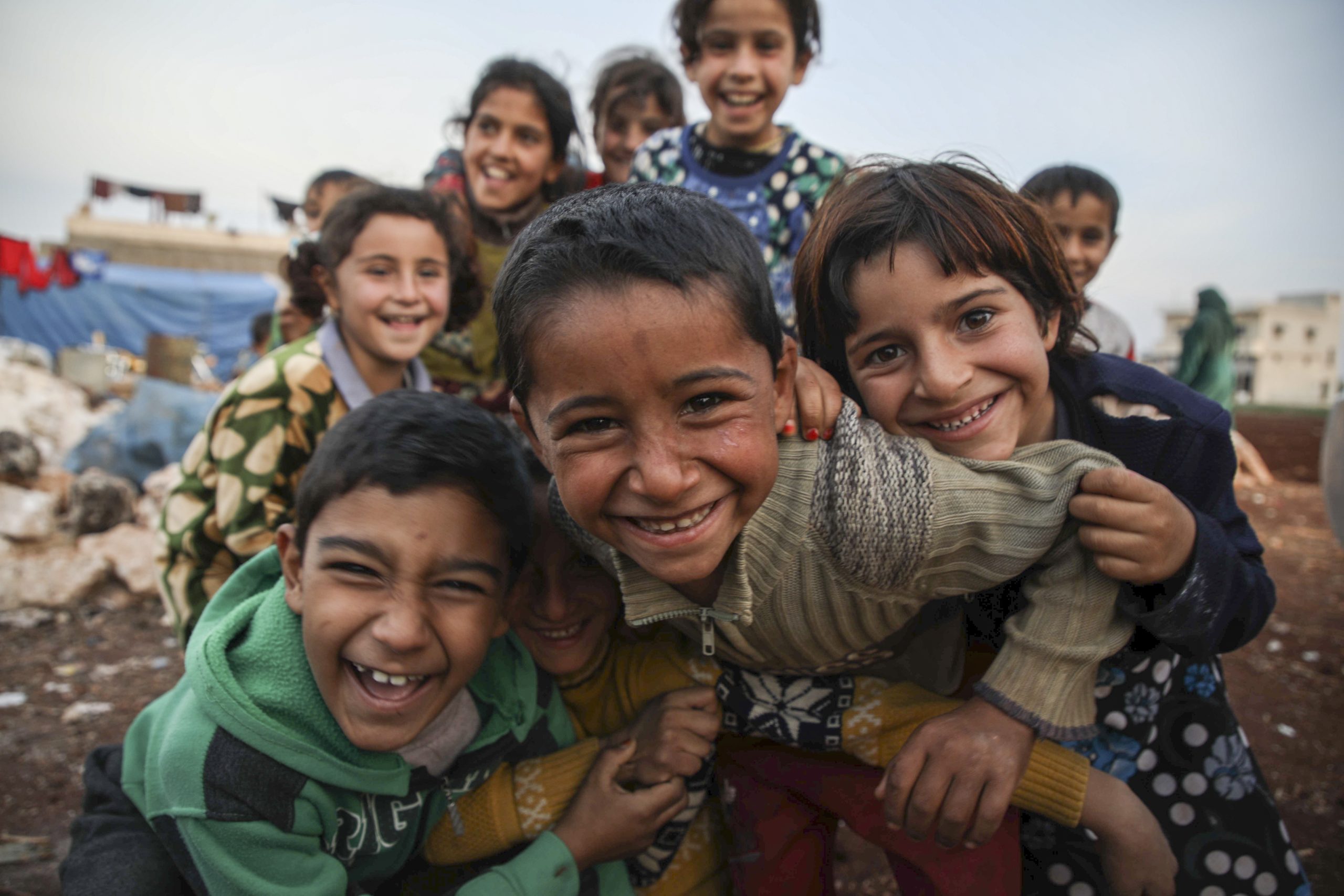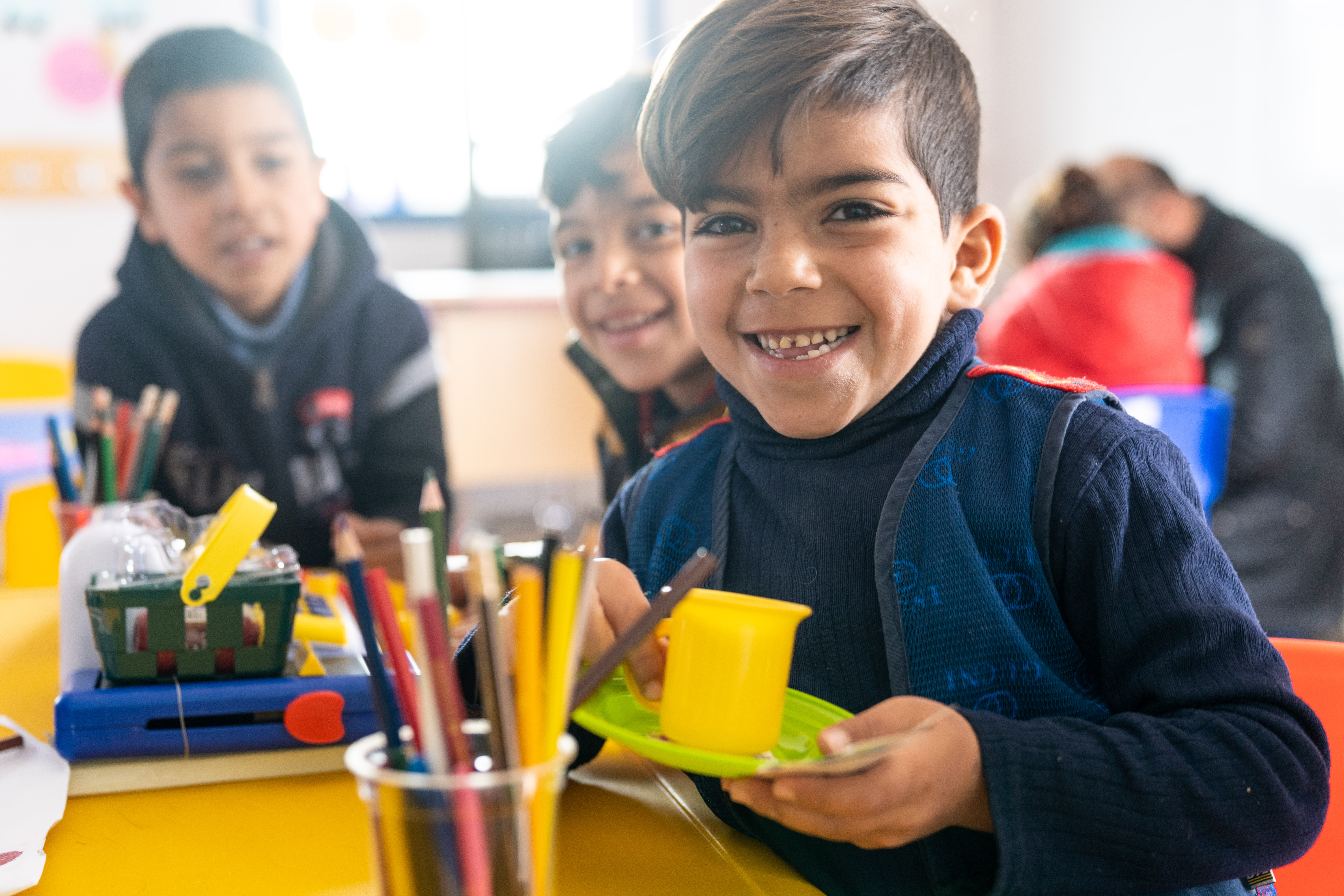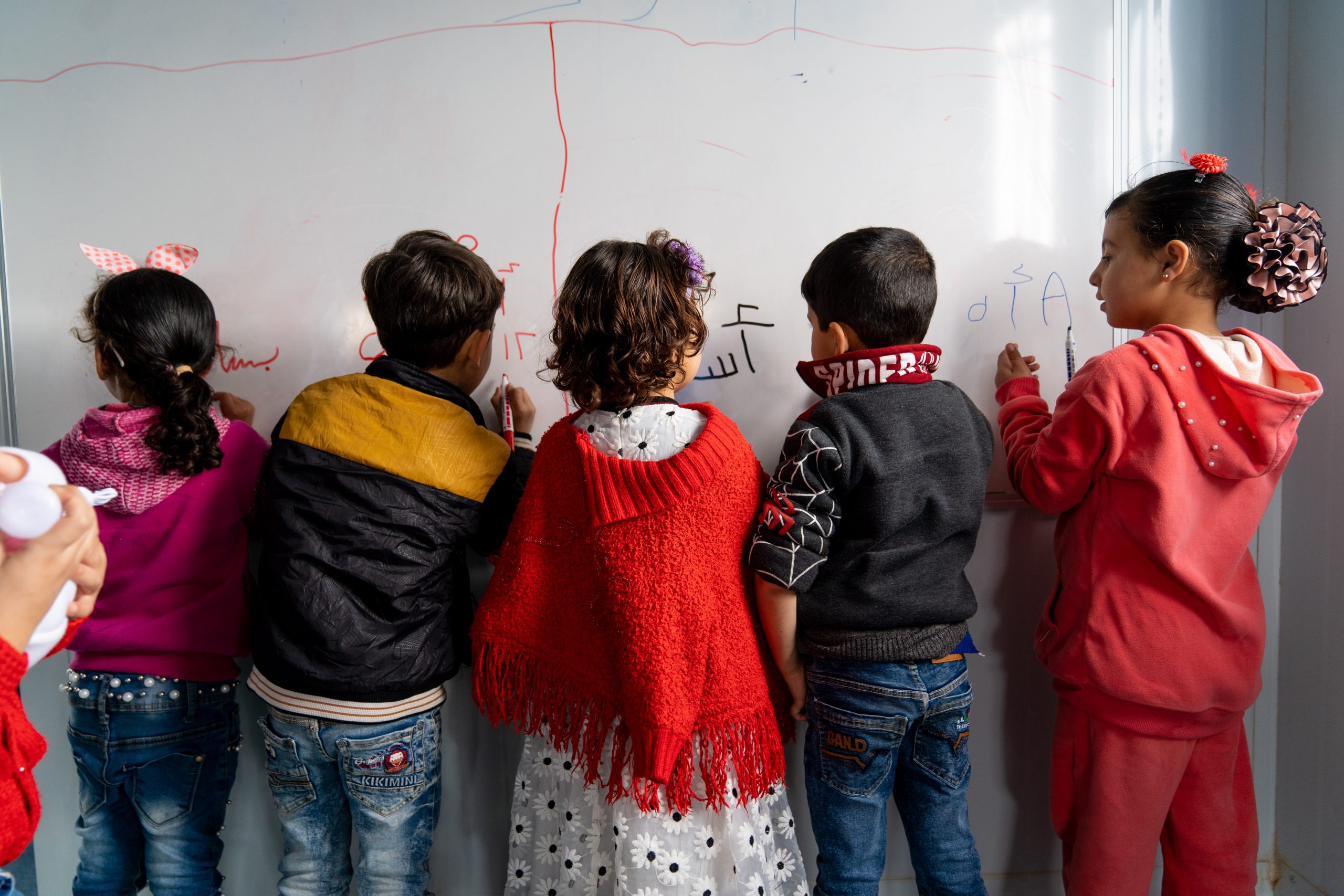Migrant and displaced children in the age of COVID-19
How the pandemic is impacting them and what can we do to help
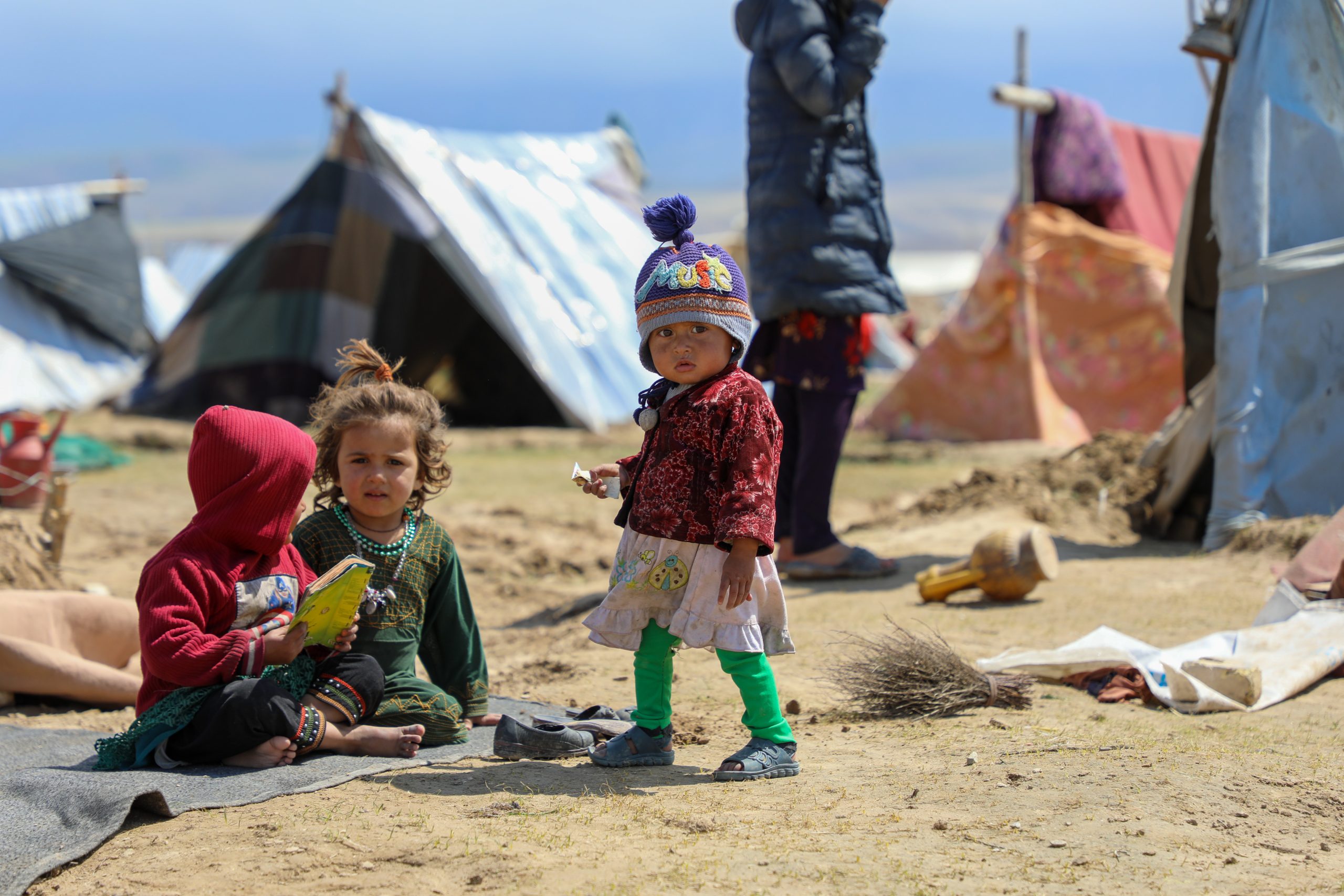
Millions of children live outside of their country of birth as migrants or refugees or are displaced within their own borders. Facing acute deprivations in their access to school, health care, clean water and protective services, these children are among the most vulnerable populations on the globe. How will COVID-19 impact their precarious existence?
This article examines the enormous socioeconomic challenges that the COVID-19 pandemic poses for children on the move across four dimensions: poverty, survival and health, learning and protection and safety. It also considers how new laws and regulations enacted in response to the pandemic are impacting these children. It then suggests the necessary policies and actions to protect this intensely vulnerable population.
Many displaced children will see their family’s income shrink or disappear and, globally, poverty levels are expected to worsen. Vulnerable populations are predicted to disproportionately bear the brunt of this economic contraction. Poor health systems and disrupted health services – a reality for many migrant and displaced children – are likely to further weaken, placing children at risk of intensified hardship, both physical and psychological. The crowded conditions and poor access to proper water and sanitation common among families living in displacement pose obvious risks at a time when social distancing and hygiene are so critical.
Migrant and displaced learners regularly encounter obstacles in accessing education, and the online materials and remote classrooms functioning around the world today may be far from their reach. They are at risk of falling further behind in school. And given that economic downturns typically lead to more children working, getting pregnant or married, and being trafficked or sexually exploited, migrant and displaced children – who already face great risks to their safety — stand to see their situation worsen. Domestic violence is on the rise globally, and accounts of stigma and discrimination against the displaced are also increasing. The increasing global death toll means some migrant and displaced children will be orphaned and become vulnerable to child protection abuses.
Sound policies and urgent actions are needed to put migrant and displaced children at the forefront of the response to COVID-19.
This article was published in the 10th Anniversary Issue of the Migration Policy Practice.
